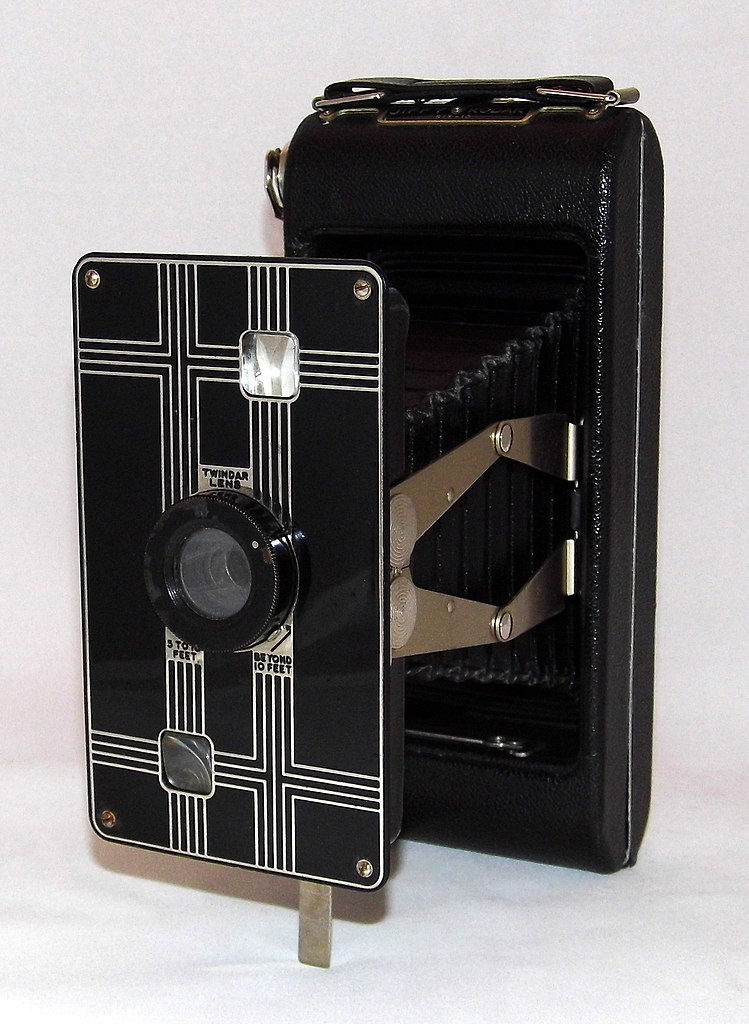I narrowly avoided permanent bachelorhood, finding my better half midway through my 40s. I have no children. Before the big day, my wife and I had a conversation: “Do we really want to be chasing toddlers around in middle age?” The answer on both sides was no. For me, parenthood was probably never in the cards. On a good day I can take care of myself; being able to take care of other human beings for 20 or so years would be wildly optimistic.
Still, I sometimes wonder if I disappointed dad by not having a son to inherit his name. It’s a good name, a solid name. “Farmer.” It’s a name that’s earned through constant teasing in grade school and having to spell it out when someone simply can’t believe it’s actually someone’s last name.
If I’m being totally honest, dad was floored to hear I was finally getting married at all. I think he had resigned me to permanent bachelorhood years ago, so marriage was probably more than enough to hope for. Grandkids to carry on the name might have been the icing on the cake, but he already has six of them to carry on his genes, if not his name. Yet the thought of what will happen to his memory, and to the memory of my grandfathers, occurs to me whenever I rummage through my box of memories. That’s literally what it says on the box, “Memories,” scrawled in black marker on a tin kept safe in storage. Inside sleeps the bric-a-brac of my life and the lives of those who have gone before me.
A shoeshine kit, from an age when the world went to work in suits and ties, before we started Zooming in sweatpants.
I don’t remember my grandfathers; one died before I was born and the other when I was too young to have any memory of him. Ironically, even though I knew my grandmothers, I have almost no keepsakes of theirs, only ones from their husbands. I’m confident dad’s mementos will find a home with his grandchildren, but what will happen to those of my grandfathers?
A Kodak Jiffy camera in its original leather case, with bellows that look like something Ansel Adams might have used.
I can bequeath these things to my nieces and nephews if they’re interested. But how much will the echoes of their great-grandfathers captivate them? Would these things have any meaning to them, or would they be discovered after my nieces and nephews pass away, hidden in a shoe box in a closet? Would their children wonder what they were, before adding them to the rack in an estate sale, to be picked up by some trinket-hunter, enchanted by the mint condition? Or would they go unloved and end up in a landfill? Will my nieces and nephews even have children to ponder these questions?
An engineering class ring from St. Francis Xavier University, 1958, as shiny as the day it was bought.
Unlike my grandfathers, my dad was a part of his grandchildren’s lives, and his mementos will hopefully have meaning for them. I think my nieces and nephew will hold onto such things because of the memories they evoke. But one day, these things will find themselves on a table at a sale, once those to whom their memories are entrusted have passed away.
A lighter sporting the badge of HMCS Uganda, our sole memento of Grandfather Ed’s WW II service.
The world can’t hold onto every token of the past; every shelf and box would fill with things gradually losing their meaning. At a certain point we have to let go of the past and its artifacts, and embrace the truth that the world is for the living; everyone in it will one day be forgotten.
Decorative pewter shot glasses, a gift from a German businessman who used to visit our house.
Sometimes I dig into the box of memories and flick Ed’s lighter, trying to coax a spark from the flint. Grandfather George’s shoeshine kit still smells of polish. I think of the stories told to me about these men, from Ed’s shenanigans to the cottage George built with my father in Cape Breton.
A fishing knife, with an edge honed endless times for trout hauled out of brooks across Nova Scotia.
Sometimes I poke through my own keepsakes, and wonder what will become of them, a former bachelor’s things.
A brown felt fedora, faded to a tobacco colour on top from the relentless sun in Alberta’s badlands.
Playbills from the amateur theatre I’ve acted in, from the Fringe to community shows and beyond.
Copies of newspapers from Sept 11, 2001, my generation’s Pearl Harbor.
Nothing lasts forever, but maybe someone will go through a box that contains something from Uncle Mark or Poppa Fred and take a moment to wonder what we were like. Ultimately, I know the fate of everyone’s material memories, because I lived next to one of Toronto’s biggest antique markets. On a given Saturday, I could be found wandering through the aisles, careful not to seem too interested, lest I get pulled into a sales pitch. I saw the same porcelain figurines mom collected, camera models dad probably used, copies of vinyl records I listened to as a kid. Sometimes I’d pause and handle things just to relive those memories.
And then I would move on, to browse a collection of other peoples’ memories, occasionally imagining the lives behind them. At the end of the day, the vendors would pack up everything that wasn’t sold, and try again the next weekend to pique someone else’s nostalgia or imagination of lives they never knew.

